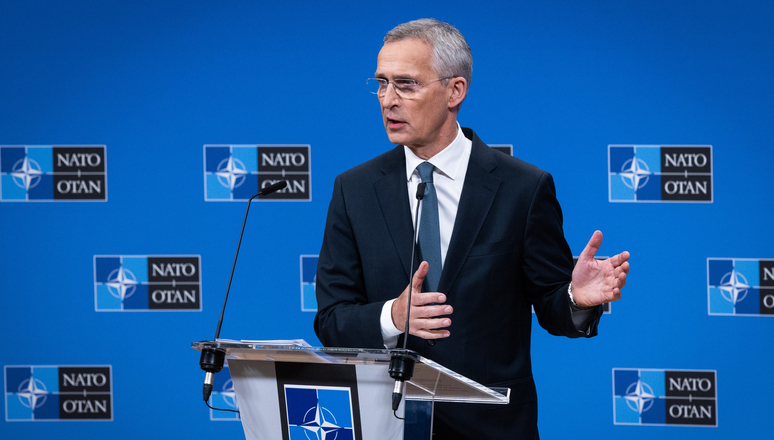NATO Defence Ministers recently concluded a two-day meeting to prepare for the upcoming Washington Summit in July. During the meeting, they discussed various topics, including strengthening NATO’s deterrence and defense capabilities, as well as providing support for Ukraine. In regards to Ukraine, ministers agreed on a plan for NATO to lead the coordination of security assistance and training efforts. This initiative will be launched at the Washington Summit, with the goal of providing long-term support for Ukraine’s Armed Forces. NATO will coordinate training and equipment donations from a command center in Wiesbaden, Germany, with nearly 700 personnel from Allied and partner nations involved in this effort.
Defence ministers also discussed response options for Russia’s hostile actions against Allies. These options include increased intelligence exchange, enhanced protection of critical infrastructure, and further restrictions on Russian intelligence operatives. Despite Russia’s campaign, NATO remains committed to supporting Ukraine and protecting its territories and populations against hostile actions. The alliance is focused on enhancing its deterrence and defense capabilities, with military planners developing new defense plans that outline the forces and capabilities needed to defend Allies. NATO currently has 500,000 troops at high readiness across all domains, along with plans to acquire thousands of air defense and artillery systems, modern aircraft like the F-35, and other high-end capabilities.
Additionally, NATO is investing in innovation, with over 1 billion dollars allocated to the NATO Innovation Fund. Allies also discussed a new Defence Industrial Pledge, which aims to scale up military production and strengthen long-term cooperation with industry partners. The Nuclear Planning Group also met to discuss the ongoing adaptation of NATO’s nuclear capabilities. As a nuclear Alliance, NATO is committed to being responsible and transparent while also preserving peace, preventing coercion, and deterring aggression. These discussions highlight NATO’s efforts to enhance its deterrence and defense capabilities, as well as its commitment to supporting Allies and partner nations in the face of evolving security challenges.
Overall, the NATO Defence Ministers’ meeting focused on preparing for the Washington Summit in July by discussing key issues such as support for Ukraine, response options for Russia’s hostile actions, and the enhancement of NATO’s deterrence and defense capabilities. The alliance is committed to providing long-term support for Ukraine’s Armed Forces through coordinated training and equipment donations, while also addressing security challenges posed by Russia. NATO is investing in innovation and strengthening its defense industrial capabilities to ensure the alliance remains prepared to address emerging threats and maintain peace and stability in the region. These efforts underscore NATO’s ongoing commitment to collective defense and security cooperation among member states.









